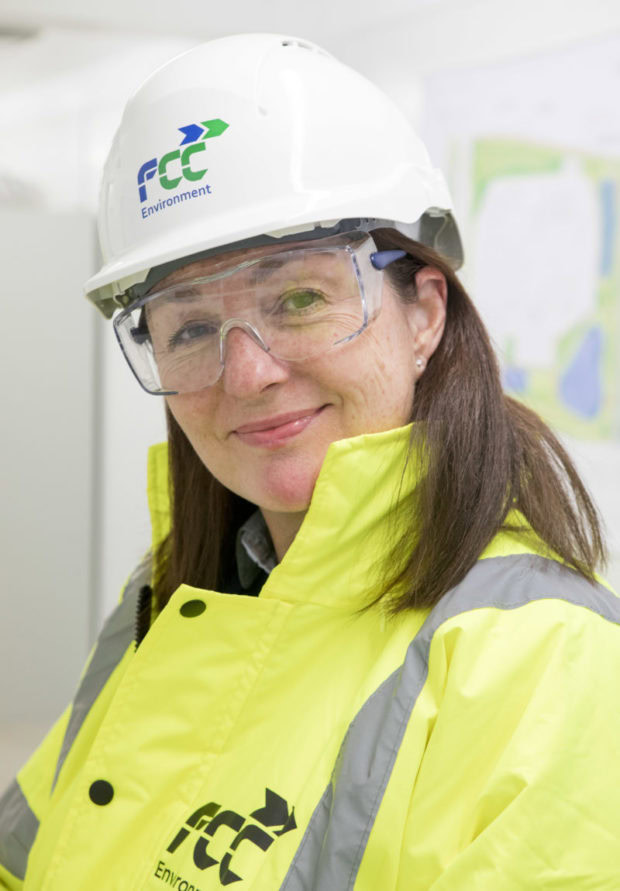OPINION: After four different delays from the department for environment, food and rural affairs (Defra), the Deposit Return Scheme for drinks containers is set to be implemented on 1 August 2027. Almost 10 years since it was first announced by Michael Gove, back in 2018 when he was Defra secretary.
The introduction of a DRS has the potential to transform the UK’s recycling rates, with UK consumers purchasing an estimated 31 billion single-use drinks containers each year – 12 billion plastic drinks bottles, 14 billion drinks cans, and 5 billion glass bottles. Only around 70% to 75% of these end up getting collected and recycled at present.
However, this additional delay does not come as a surprise to the industry, due to the lack of policy progress on the reforms to date and it is ultimately sensible in ensuring all stakeholders – of which there are many – are properly prepared.
The government has put the delay down to achieving “interoperability across the UK”, which ultimately means finding a way for all of our four nations to agree. Getting all four siblings of a family to agree can often take a while, and the goal has been to create consistency across borders and administrations. This means labelling, deposit levels, what can be deposited, container sizes and a single registration for producers and retailers.
Waste and recycling policy is devolved to each nation, and as a result there have been different approaches, ambitions and levels of success. Wales for example, has been a trailblazer in terms of recycling. They are able to boast their position as the top-performing nation in the UK and one of the world’s leading recyclers. Overseeing an increase from a rate of just 4.8 per cent in 1998-99, to a huge increase of over to 60 per cent to 65.7 per cent in 2022/23.
While this success in itself shows devolution and policy experimentation at its best, the general debacle and delay of DRS implementation highlights some of its shortcomings.
There were very public disagreements between different administrations, with Welsh climate change secretary, Huw Irranca-Davies, criticising the “misuse” of the Internal Market Act for imposing a “watered-down DRS on Wales” and is ploughing ahead with their intention of including glass containers.
He argued that Wales’ 65.7% recycling rate left it in a different position to the rest of the UK, with far fewer unrecycled materials available to be collected than in England, where “considerable gains in recycling can still be achieved from a narrower and less ambitious scheme”.
However, waste minister, Robbie Moore, said: “It remains my view that including glass in any UK DRS will create undue complexity for the drinks industry, and it increases storage and handling costs for retailers. Glass containers are heavy and fragile, making them more difficult for consumers to return and receive the deposit they have paid, potentially forcing up the cost of their shopping.”
The government has instead said they will work with the industry on an as-yet undisclosed “ambitious reuse and refill initiative”.
Last year, there was a similar fallout with our neighbours to the north, when Scotland tried to push ahead to create their scheme ahead of the rest of the UK and for it to include glass. Although this ultimately failed, and Scotland fell in line with the rest of the UK, there is now an ongoing legal challenge for the money that has been wasted in it’s eagerness to diverge.
Despite all of the disagreement and delay, we now – finally – may have some clarity and consistency. The government has notified the European Union and the World Trade Organisation, and the next step will be laying the affirmative statutory instrument, which will then be debated and passed by the Commons and the Lords.
The governments of the four home nations – our family of squabbling siblings – all agree that they hope to increase recycling rates of single-use drinks containers to at least 90%, as a result of this policy.












Subscribe for free